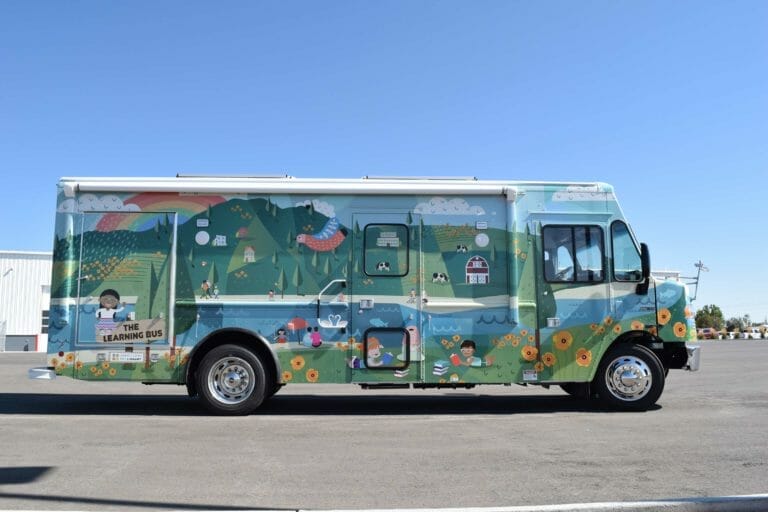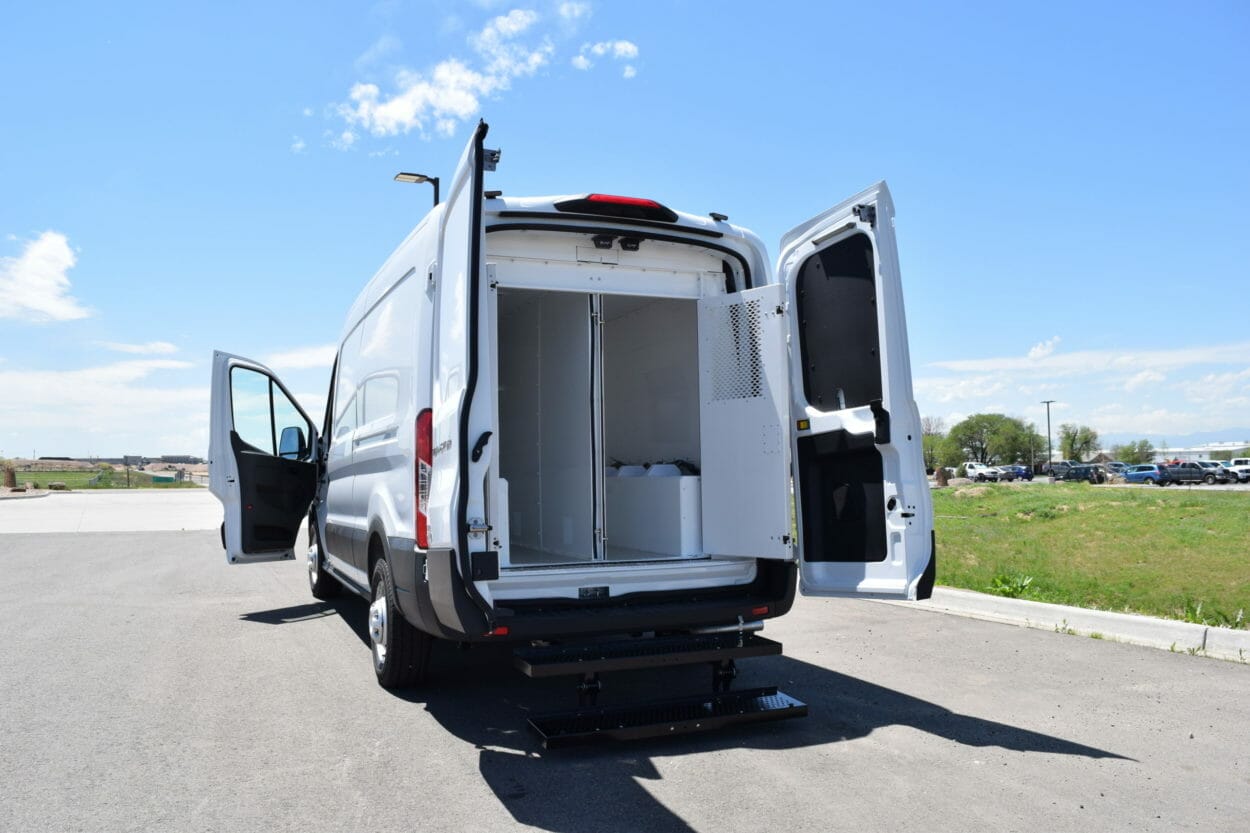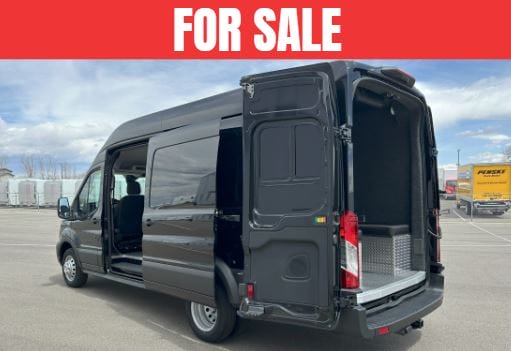In-Stock Specialty Vehicles
Drive home today, pre-built upfit vehicles from Summit Bodyworks in Fort Lupton, Colorado. From bookmobiles and mobile classrooms to medical units and rapid deployment vehicles, our team will help you find the perfect vehicle from our current inventory leading to a reduced wait time for you.
Frequently Asked Questions
What is a rapid deployment vehicle?
A rapid deployment vehicle (RDV) refers to a specialized type of vehicle designed to be quickly and easily deployed to specific locations or situations as needed. These vehicles are equipped with the necessary tools, equipment, and technology to swiftly respond to various scenarios, such as emergencies, crises, or urgent operational requirements.
Rapid deployment vehicles are often used by emergency services, law enforcement agencies, and military forces to provide immediate support and assistance in situations where time is of the essence. These vehicles are typically equipped with communication systems, first aid supplies, tools for specific tasks, and sometimes even specialized equipment tailored to their intended purpose.
The goal of a rapid deployment vehicle is to reduce response times and improve the efficiency of operations in critical situations. They can be customized to serve different functions, ranging from medical assistance and disaster response to security and surveillance tasks.
What is a health services vehicle?
A health services vehicle is a type of vehicle that is specifically designed and equipped to provide various medical and healthcare services in different locations. These vehicles are often mobile and can be deployed to areas where access to traditional healthcare facilities might be limited, such as remote areas, disaster zones, or events with large crowds. Health services vehicles can take on various forms and serve different purposes, including:
- Mobile Clinics: These vehicles are essentially mobile healthcare clinics that offer medical services such as check-ups, vaccinations, basic treatments, and health education. They are especially useful in areas where there is limited access to permanent healthcare facilities.
- Ambulances: While ambulances are commonly associated with transporting patients to hospitals, they are also considered health services vehicles as they provide emergency medical care on the way to medical facilities.
- Medical Screening Units: These vehicles are equipped to perform various medical screenings such as blood pressure checks, blood tests, and other diagnostic procedures. They are often used in community health campaigns.
- Dental and Eye Care Units: Some health services vehicles are equipped with dental chairs and eye examination equipment to provide dental and vision care to underserved populations.
- Mobile Laboratories: These vehicles are equipped with laboratory equipment and can provide on-the-spot diagnostic testing and analysis, which is particularly valuable in disease outbreaks and remote areas.
- Blood Donation Units: These vehicles are used for blood donation campaigns and can be equipped with the necessary equipment to collect and store blood donations.
- Mental Health Support Units: Some health services vehicles are designed to provide mental health support, counseling, and therapy services in various locations.
The main purpose of health services vehicles is to extend medical care to areas and populations that might not have easy access to traditional healthcare facilities. These vehicles play a crucial role in promoting public health, addressing emergencies, and improving healthcare accessibility.
Who typically purchases Rapid Deployment Vehicles?
Rapid deployment vehicles are typically purchased by organizations and agencies that require the ability to quickly respond to emergencies, crises, or urgent situations. These vehicles are designed to provide immediate support, communication, and specialized services in various scenarios. Some of the common types of organizations and agencies that purchase rapid deployment vehicles include:
- Emergency Services: Fire departments, paramedic services, and emergency medical teams often invest in rapid deployment vehicles to provide quick medical assistance, communication, and coordination during emergencies.
- Law Enforcement Agencies: Police departments and law enforcement agencies use these vehicles to establish command centers, communication hubs, and specialized units for managing critical incidents and large-scale events.
- Military Forces: Armed forces may use rapid deployment vehicles for mobile command and control centers during military operations, disaster response, and other situations requiring rapid tactical coordination.
- Government Agencies: Various government agencies responsible for disaster management, civil defense, and public safety might purchase these vehicles to enhance their capabilities in responding to natural disasters, accidents, and other emergencies.
- Healthcare Organizations: Medical facilities and healthcare organizations could utilize rapid deployment vehicles as mobile clinics, field hospitals, or screening units to provide healthcare services in underserved areas or during health crises.
- Non-Governmental Organizations (NGOs): NGOs involved in humanitarian aid, disaster relief, and community outreach may purchase or operate rapid deployment vehicles to provide immediate support in disaster-affected regions.
- Private Companies: Companies involved in event management, security services, or industries that require on-site rapid response capabilities might invest in these vehicles to ensure the safety and security of their operations.
- Public Utilities: Utilities like power companies, water authorities, and communication providers may use rapid deployment vehicles to maintain essential services during emergencies and disasters.
- Search and Rescue Teams: Organizations focused on search and rescue operations in remote or disaster-stricken areas might utilize these vehicles to establish base camps and coordination centers.
- Government and Public Safety Partnerships: Collaborations between different levels of government and public safety agencies could lead to joint purchases of rapid deployment vehicles to enhance their collective response capabilities.
The specific features, equipment, and purposes of rapid deployment vehicles can vary based on the needs and priorities of the purchasing organization.
The Latest
View allHow to Use Your Mobile Health Clinic to Reach Your Community
There is no greater passion for those working in the medical community than ensuring equal...
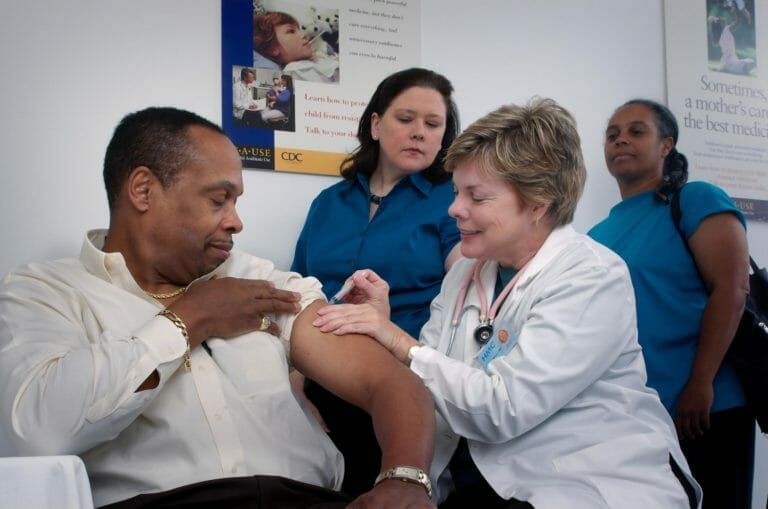
How to Find the Right Bookmobile Bus for Sale
Bookmobile buses can be a powerful tool for community outreach. With their large body size,...
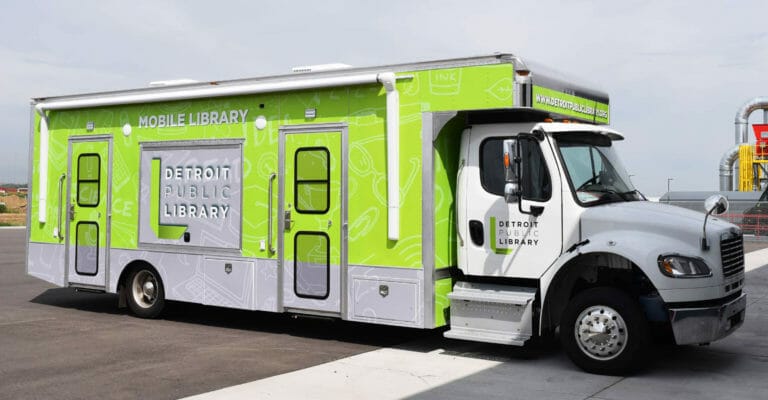
How Specialty Vehicles Will Be Used in 2022
Specialty vehicles are used across a wide range of industries. These vehicles are designed to...
